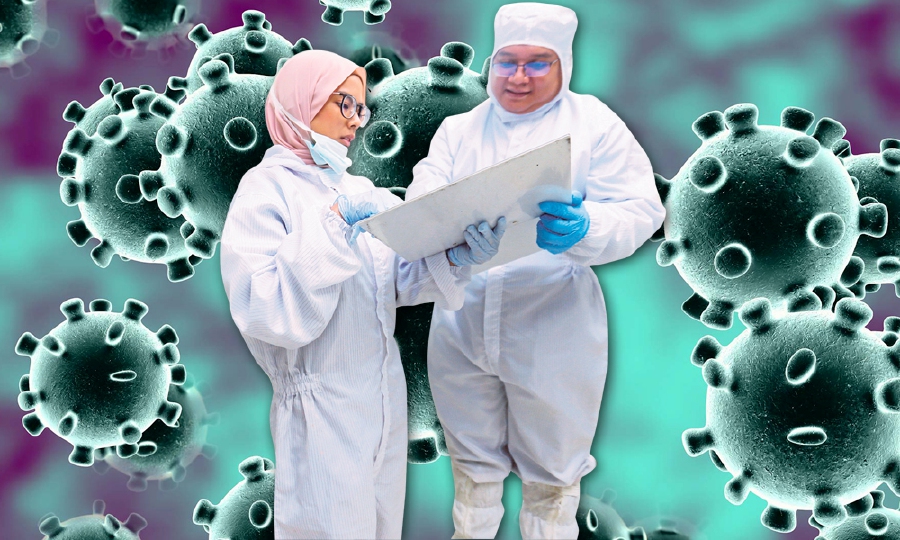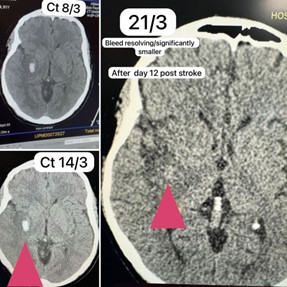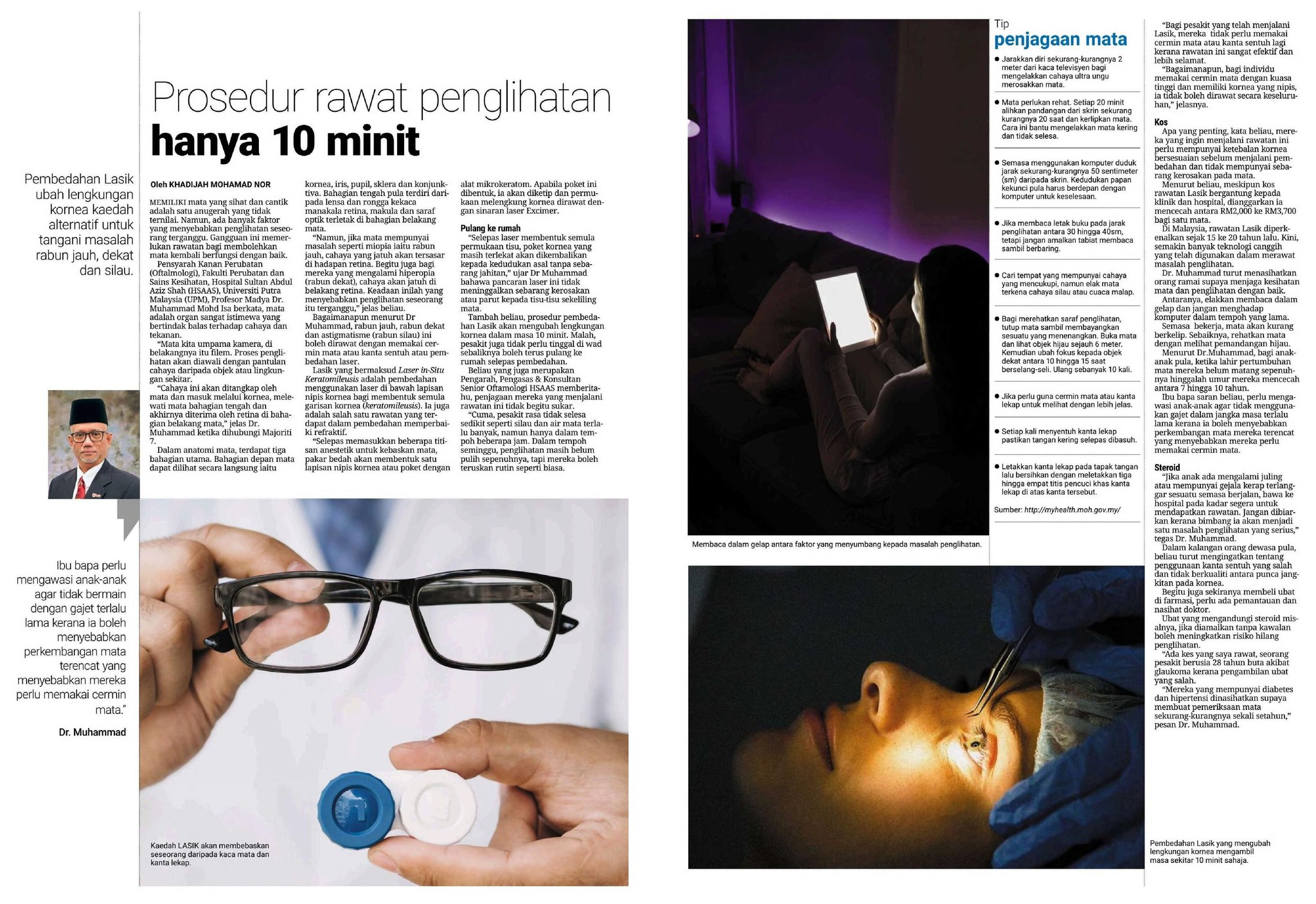Malaysian public universities’ research and scientific capacity can be galvanised to join the fight against the Covid-19 pandemic.
Recently, 10 diagnostic laboratories at public higher learning institutions nationwide have been roped in as part of a joint initiative by the Higher Education and Science, Technology and Innovation Ministries. The laboratories serve to help the Health Ministry in conducting 16,500 Covid-19 tests daily.
Canselor Tuanku Mukhriz Hospital (HCTM) director Professor Datuk Dr Hanafiah Harunarashid said advanced laboratories at public universities can perform the tests that meet the high standards set by health authorities.
“We are boosting the testing capacity with the help of the Higher Education and Science, Technology and Innovation Ministries.”
HCTM is a part of the Public Teaching Hospitals National Consortium, which, as a group, can process up to 1000 tests daily, he added.
“Our best estimates suggest our ability to clear the Health Ministry’s backlog within a week of operation at maximum capacity. If needed, we can ramp up our productivity by 300 per cent with automation.
“We have the whole gamut of microbiologists, chemical pathologists, molecular medicine specialists, virologists and many more.
“Since 1997, we have been involved in infectious diseases and virology research, including influenza and HIV. Our scientists and clinicians have explored the whole spectrum of the knowledge value chain, from the bench to the bedside.”
Diagnostic tests have flooded the global market, but Dr Hanafiah said criteria such as appropriateness, limitations and infection management must be considered.
“Consistency is key. The national strategy of using a standardised test, such as the RT-PCR, to combat this pandemic is wise.
“In this unprecedented crisis, we shall abide by the Health Ministry’s guidelines. Should there be a request and funding in the future to develop a new testing kit, we will consider diverting some of our resources. For now, we should concentrate on lessening the burden of public health laboratories.
“We hope to be able to perform a full genome sequencing of the virus at some point, but the priority remains with tests for medical use.”
In addressing the pandemic, universities can contribute beyond diagnostic testing, said Universiti Malaya’s Tropical Infectious Diseases Research and Education Centre (TIDREC), director Professor Dr Sazaly Abu Bakar.
TIDREC is the only national Higher Institution Centre of Excellence for infectious diseases. It houses the World Health Organisation’s (WHO) Collaborating Centre for Arbovirus Reference and Research.
Sazaly said: “With extensive experience in research in tropical infectious diseases, especially in arthropod-borne and emerging virulent pathogens, we can contribute in a meaningful way to the Health Ministry.
“We have a number of high-end equipment, including personal protective equipment and the reagents, needed to do the tests.
“The lab can handle any highly virulent pathogen, which now include the SARS-CoV-2, the agent that causes Covid-19. We are looking into developing anti-virals.”
TIDREC has been collaborating with WHO for many years on dengue, chikungunya and Zika, he said.
“Covid-19 may be a different virus, but all we have to do is develop a new set of protocols,” said Sazaly, adding that TIDREC offers to test 100 samples a day for this initiative.
Universiti Putra Malaysia (UPM)’s Medical Microbiology and Parasitology Department head Professor Dr Syafinaz Amin Nordin said the Covid-19 laboratory at UPM Teaching Hospital (HPUPM) is ready to support the Health Ministry.
“Our research areas include anti-microbial resistant bacteria, leptospirosis, viruses, dengue and hepatitis.
“In addition to the government fund, we have received sponsorship from the Erickson Foundation to set up the lab. We are considering developing alternative testing kits, which can hopefully yield faster results.”
Located next to the national Covid-19 centre, Sungai Buloh Hospital, Universiti Teknologi Mara (UiTM) Hospital is committed to running tests, exploring datasets and generating solutions, said the hospital’s director, Professor Dr Sazzli Kasim.
“We have pooled our resources and expertise by combining diagnostic machines available from the Molecular Biology Institute under the Medicine Faculty, our hospital laboratory as well as the Integrative Pharmacogenomics Institute to support the Health Ministry in this battle.”
Senior consultant Chemical Pathologist Professor Dr Ariza Adnan from UiTM’s Medicine Faculty said: “Our labs will increase the diagnostic yield by 200 to 300 samples per day. Combined with other institutions, we can reach the target of 16,500 tests per day in the country.”
Dr Sazzli said equipment at UiTM Hospital will be vital to the national response to Covid-19.
“About 30 researchers and staff from the Medicine Faculty have volunteered to help run the Covid-19 laboratory.
Dr Sazzli, who is a consultant cardiologist with experience in clinical research and healthcare information technology, said: “We have set up a database for researchers to identify regions of genes which can be used to develop tests and also target sites for therapy.
“We look into evolution patterns of microorganisms, the mutation rate and features that confer virulence.”
A total of 106 genome sequences of Covid-19 have been shared by scientists around the world with the American National Centre for Biotechnology Information, he said.
“Having downloaded all of them, we are comparing the sequences of the isolates to identify the differences in mutations and evolution patterns.
“These differences may define the targets for treatment. We plan to compare them with the sequences of the local Covid-19 strains using the MiSeq sequencer.
“We aim to sequence samples obtained from different clusters, which will allow us to understand the pattern of transmission.”
Dr Sazzli said UiTM plans to develop a polymerase chain reaction-based method for Covid-19 screening.












.jpg)















